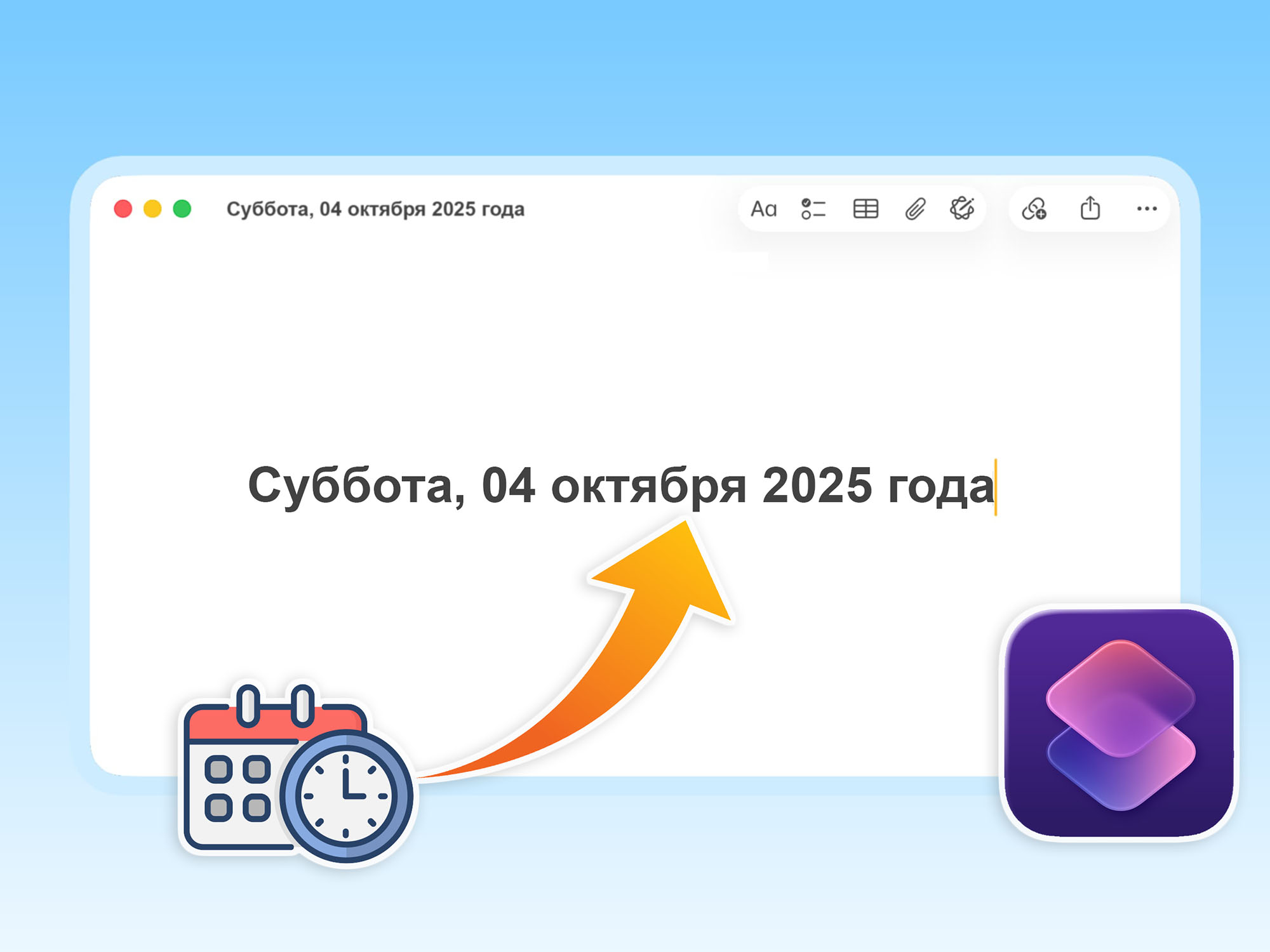Rosstat will begin tracking the spending of Russians, especially the rich and those with many children, through data from retail chains. The service wants to improve methods for evaluating citizens’ income and expenses.
Subscribe to RB.RU on Telegram
The Federal State Statistics Service (Rosstat) published a contract for scientific research (R&D) work on the public procurement portal, RBC reported. Its topic is “Development of recommendations to improve statistical and methodological tools for carrying out sample observations of households in conditions of incomplete sampling frame and [при] limited possibilities to collect primary data (phase 2024).”
Works worth 6 million rubles should be completed by November 2024. They are expected to be carried out in two stages, with the first completing in September this year.
The objectives of the work include achieving sample integrity, as well as increasing the efficiency of primary data collection as part of sample observations of household income and expenditure, based on procurement materials.
Completion of the investigation means that the contractor will develop a series of recommendations that will help implement a system to collect data on citizen spending. The system is designed to combine the use of the survey method and “external sources of information.”
As Rosstat clarified for the publication, in addition to direct surveys, the service aims to use data on purchases collected by retailers and accumulated in banks’ payment systems.
Whose data is Rosstat primarily interested in?
- The work requires finding a method that makes it more accurate to cover “relatively high-income” households. It is also recommended that the authors of the research work consider how to eliminate errors or incomplete data in recording information on household expenses for all categories.
Rosstat classifies citizens with an average per capita income of more than 100 thousand rubles per month as the highest-income population.
- Those carrying out research work will need to collect data to form a sample of the target group “large families” and determine how to ensure representativeness for the country as a whole and for individual regions in particular. The authors are expected to create a “design plan” for a program that integrates survey data and administrative information.
Possible obstacles to the implementation of the project.
As Alexander Safonov, professor at the Government Financial University, points out, the use of “external sources of information” can complicate banking secrecy. According to him, credit institutions cannot provide information about clients to third parties (with exceptions related to the work of courts and law enforcement officials).
In addition, today the possibilities of recording cash payments are limited. Additionally, there are transactions that are generally not traceable, such as digital currencies.
This is not the first time that Rosstat has tried to strengthen monitoring of the financial situation of Russians. In the fall of 2023, the service commissioned work to improve accounting for income from commercial activities, real estate and financial transactions abroad.
Author:
Natalia Gormaleva
Source: RB
I am a professional journalist and content creator with extensive experience writing for news websites. I currently work as an author at Gadget Onus, where I specialize in covering hot news topics. My written pieces have been published on some of the biggest media outlets around the world, including The Guardian and BBC News.











